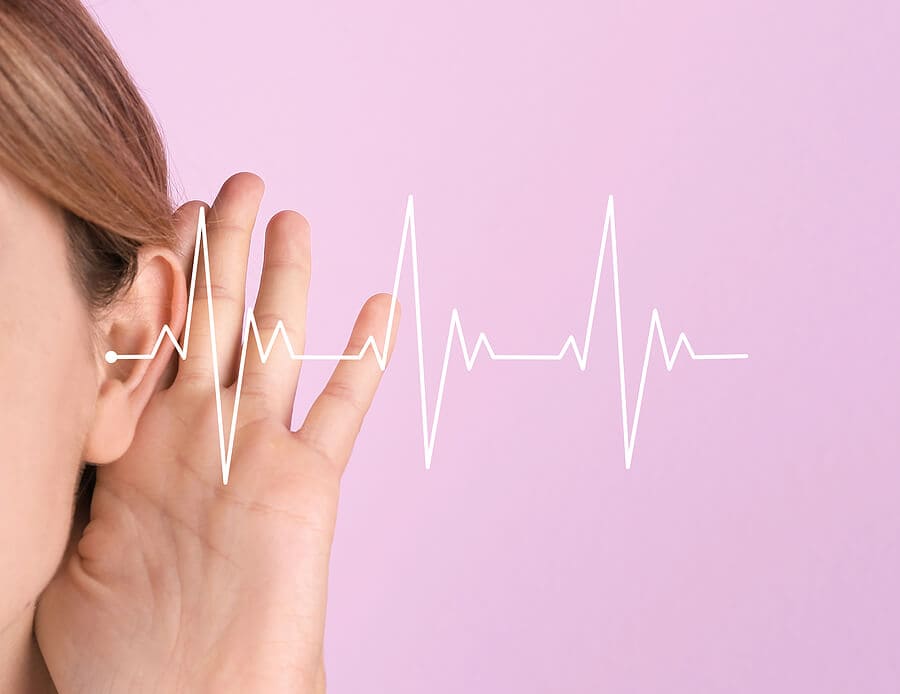In the realm of hearing health, the intricate interplay between various factors can significantly impact our auditory well-being. One such factor, often overlooked but deeply significant, is ototoxic hearing loss. This complex condition is characterized by the potential of certain medications and chemicals to damage the delicate structures of the inner ear, leading to hearing impairment. As we delve into the depths of ototoxic hearing loss, we also explore the latest advancements in prevention, diagnosis, and management, shedding light on a hopeful future where early detection and compassionate care take center stage.
Unveiling the Dynamics of Ototoxic Hearing Loss
Ototoxic hearing loss is a unique form of hearing impairment triggered by the exposure to certain substances that have toxic effects on the auditory system. These substances can include certain antibiotics, chemotherapy drugs, loop diuretics, and even high doses of non-prescription pain relievers. The inner ear’s sensory hair cells, vital for translating sound vibrations into neural signals, are particularly vulnerable to the damaging effects of ototoxic substances.
The Link Between Ototoxicity and Hearing Loss
Ototoxicity can manifest in different ways, including temporary or permanent hearing loss, tinnitus (ringing in the ears), and balance disturbances. The severity of ototoxic effects varies depending on factors such as the type and dosage of the medication, the individual’s genetic predisposition, and the duration of exposure.
Advancements in Ototoxic Hearing Loss
- Prevention: Recent research has led to strides in understanding the mechanisms underlying ototoxicity, enabling healthcare professionals to make more informed decisions when prescribing potentially ototoxic medications. Improved medication monitoring and personalized dosing regimens are being explored to minimize the risk of hearing damage while ensuring effective treatment.
- Diagnosis: The advancement of audiological and diagnostic techniques has empowered professionals to detect early signs of ototoxic hearing loss. Audiologists can use sophisticated tests to assess auditory function and identify subtle changes caused by ototoxicity.
- Management: Management of ototoxic hearing loss is evolving with the integration of personalized treatment plans that balance the benefits of medication with potential risks. Hearing aids, cochlear implants, and assistive listening devices are valuable tools for individuals experiencing hearing impairment due to ototoxicity.
Future Frontiers: Emerging Interventions
In the realm of hearing health, cutting-edge interventions offer glimpses of a promising future. Regenerative medicine, which involves the restoration of damaged tissues, holds potential for reversing the effects of ototoxicity on the inner ear’s sensory cells. Stem cell therapies, gene therapies, and targeted drug delivery systems are being explored as futuristic possibilities to repair and restore damaged auditory structures.
The Importance of Early Detection and Compassionate Care
As with any form of hearing loss, the importance of early detection cannot be overstated. Regular hearing screenings, particularly for individuals taking ototoxic medications or exposed to ototoxic chemicals, can facilitate timely intervention and prevent irreversible damage. Healthcare professionals play a pivotal role in ensuring that patients are well-informed about the potential risks and benefits of medications, enabling them to make informed decisions about their treatment.
Final Thoughts
Ototoxic hearing loss stands as a reminder of the intricate web that connects our auditory health to various aspects of our lives. As advancements continue to shape the landscape of hearing loss prevention, diagnosis, and management, there is hope for a world where individuals can benefit from personalized interventions that preserve and restore their precious sense of hearing. With a compassionate approach that values early detection and holistic care, we can navigate the spectrum of ototoxic hearing loss while envisioning a future where hearing health thrives, unburdened by the challenges of the past.
We hope you found this article on ototoxic hearing loss to be insightful and helpful. If you have any questions or would like to schedule your next hearing checkup, please contact us. Our friendly team of hearing professionals are ready to assist you with all your hearing related needs.


